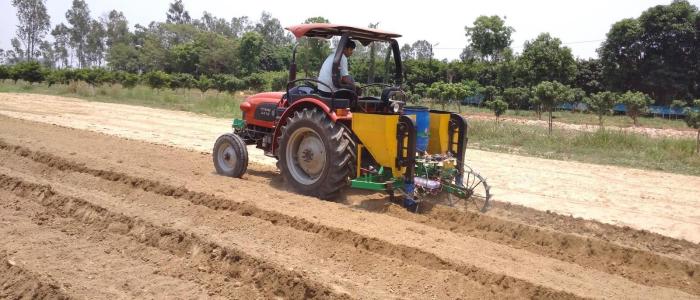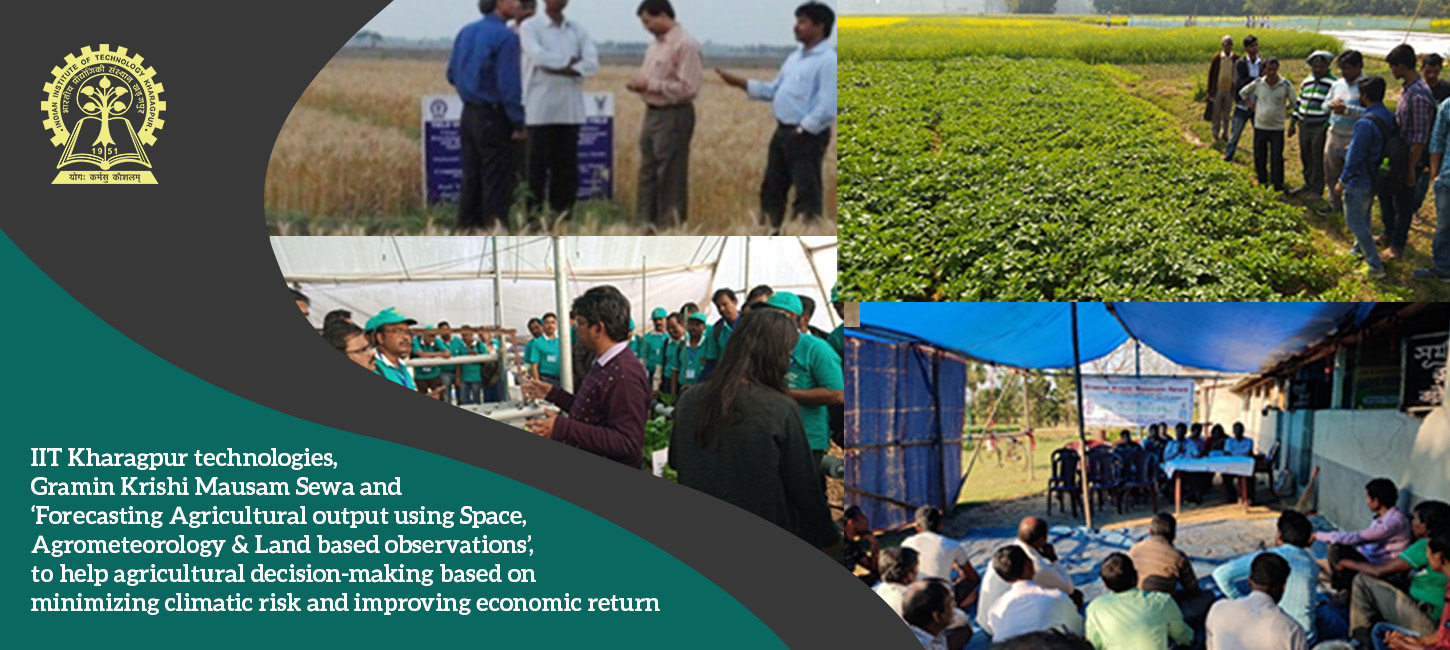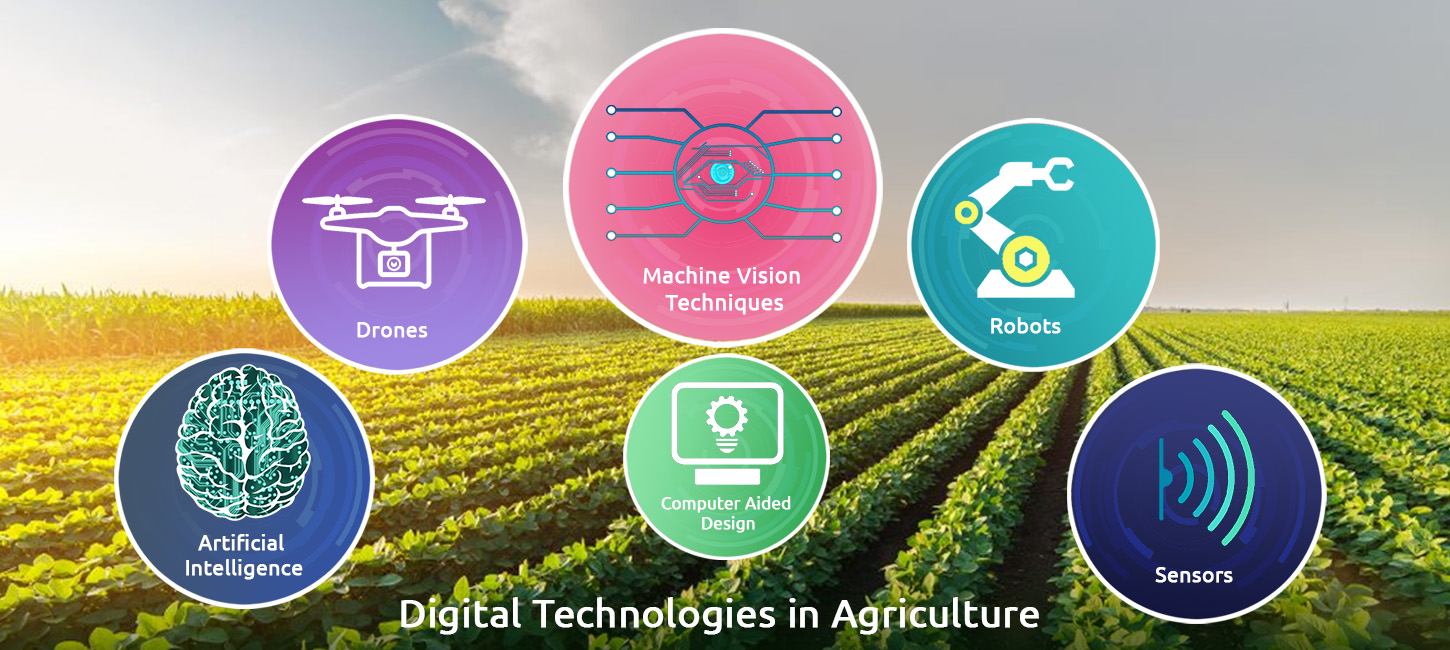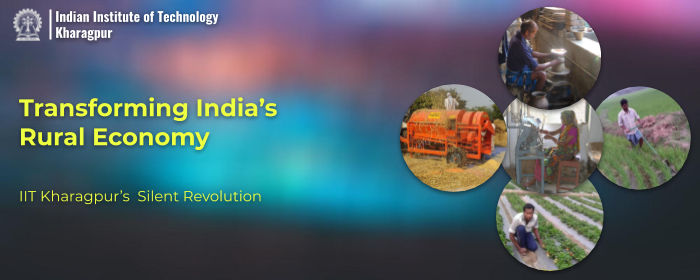
Automating sugarcane plantation to boost profitability
Researchers at IIT Kharagpur have developed devices for automating a range of functions for planting sugarcane buds, fitted with an autonomous fungicide application with the aim to reduce labour hours and raw material wastage. Sugarcane is a global industrial crop popular for the production of sugar, bioenergy, paper, ethanol, electricity etc. The economic importance of the crop in India is paramount with the country registering 17% of global sugarcane production, second only to Brazil. But each year the farmers are losing excess cane stalk as seed material due to conventional cultivation practice which is also labour and time-intensive thus increasing…



